The round table discussion organised at the Interplastica 2018 international trade fair was entitled "Polymer Recycling as Part of Russia’s Waste Management Reform: Tackling Environmental Challenges through Cost Effective Business". The event brought together experts from the Russian Ministry of Industry and Trade, SIBUR, PlasticsEurope trade association, Clean City Group, EcoTechnologies Group, RUPEC think tank and the Russian Chemists Uni on.
Speech by Polina Vergun, Chair of the Clean City Group Board of Directors and a vocal participant of the event.
Over the past 40 years, the annual output of plastics has grown eightfold, which is two to four times faster than growth in other materials. It is essential to remember that petrochemical producers outperform virtually all manufacturers of other basic materials (metals, glass and concrete) in terms of energy efficiency, while CO2 emissions in the polymer production industry are the lowest among other industries. Given, though, the accelerated development of petrochemical production, it is becoming increasingly urgent to deal with one of its inevitable consequences – plastic waste – which now accounts for about 8% of solid household wastes and builds up in landfills.
Demand for recycled materials is growing
Demand for recycled polymers in Russia is generally on the rise, the meeting's participants confirmed. And yet shortage of sorted waste is the key obstacle preventing businesses from setting up new recycling facilities. To be profitable in the existing conditions, a recycling plant should have a minimum processing capacity of about 2,000 tonnes per month, but the surprising shortage of feedstock makes delivering it a hard job..
“The feedstock shortage is a major difficulty faced by waste recycling plants,” says Andrey Kostin, Head of RUPEC. “A stable and sufficient supply of polymer waste reduces costs and makes products competitive, but the problem of short supply has not been solved yet. The reasons are insufficient waste sorting capacities and poor commercial waste collection (commercial waste makes up most of incoming feedstock for recycling plants in developed countries). Notably, the shortage of commercial waste is attributable to the structure of Russian manufacturing industries, with key supplying industries like electrical and instrumentation engineering being underdeveloped.
In terms of feedstock availability, the most viable option seems to be the development of polyethylene recycling since PET waste collection has gained momentum in recent years. For instance, PET bottles collected in Russia in 2004 totalled less than 3,000 tonnes per month, with over 14,000 tonnes collected today.
Regretfully, the industry has been joined by many companies trying to make easy money from low-quality recycling. As a result, plastic product manufacturers purchasing recycled materials from such businesses are unhappy with their quality, with a negative impact on the reputation of all recycling companies. It is therefore difficult to convince the disillusioned producers to use recycled materials.
The share of recycling will go up
The Year of Environment in Russia gave an impetus to a broader use of waste as feedstock for new products. Still, it is only 5% of all wastes that is recycled in Russia these days. To increase this figure, we need to establish a waste sorting and collection infrastructure, introduce new sorting equipment for recoverable waste, and build up recycling capacity. In Russia, all these recycling segments are underdeveloped so far.
On a separate note, Russia has more than doubled the share of sorted waste over the past five years (see the chart). Separate waste collection has also yielded a new segment of recyclable waste. The dangerous and, according to experts, illegal practice of manual waste collection at landfill sites has also subsided recently.
However, the fundamental question of how and when most waste will be sorted is still open. "If we opt for initial waste sorting in households, we will need to invest much effort in teaching people to create a new culture of waste handling," said Polina Vergun, Chair of the Clean City Group Board of Directors and a vocal participant of the event. "If we follow this path, households will need to have five small containers, and dump their contents into five large tanks to be taken away on a daily basis by five garbage trucks (instead of one now) designed to transport a specific type of waste. Given the small size of apartments and considerable logistics costs, this option would be tough to implement for a number of regions. I think that modern high-performance equipment could help address the sorting issue there."
“Mechanical separation is preferred when much waste is accumulated on a limited area. It is the only situation when expensive equipment will pay back. If a municipality generates little waste or the territory is vast (for example, when population density is low), waste sorting in households is the most effective approach as it facilitates further processing at waste recycling plants. We believe that we should use both approaches – waste sorting and mechanical separation – depending on the municipality,” Andrey Kostin agrees with Polina Vergun.
Engaging business in waste collection and recycling
According to Konstantin Rzaev, Chairman of EcoTechnologies Board of Directors, polymers account for about 20% of recoverable solid municipal waste. Modern machinery is capable of separating recyclable plastics from other recoverable waste. PET and packaging films make a little less than 50% and a quarter of recyclable plastics respectively. Currently, PET (primarily bottle PET) recycling is the most developed segment in Russia. Recycled PET is used to make packaging tapes, plastic containers and polyester fibre. Yet, recycling polypropylene, polystyrene and polyvinyl chloride is still on the to-do list of Russian companies.
“Bottle PET is the easiest to separate from other waste and is therefore a leader in terms of recycling,” Andrey Kostin adds. “Its leadership might soon be challenged by polyethylene waste, for example, packaging materials. And this will be supported by more waste coming from industry and retailers, such as stretch wrap widely used in consolidating, or palletising, goods for transport. When disposed of, stretch wrap is as clean and homogeneous as PET. This is why we need to involve as many companies in its collection as possible.”
SIBUR is developing partnerships
During the business part of the meeting, SIBUR reached several agreements that should give much traction to its environmental programme. “We signed two important agreements with leading environmental organisations," said Sergey Komyshan, SIBUR’s Management Board member and Executive Director. "The first one was signed with Clean City to join our efforts in polymer recycling in furtherance of the federal strategy on expanding the share of recycled waste.”
Additionally, SIBUR joined PlasticsEurope's Operation Clean Sweep initiative that aims to prevent polymer particles from getting into the environment in production and logistics. The initiative was supported by 60% of PlasticsEurope member companies accounting for 80% of the total plastic output by the association.
Sergey Komyshan said about important agreements with leading environmental organisations.
Operation Clean Sweep provides member companies with a set of practical guidelines and best practices to completely eliminate the loss of plastic pellets. For example, the initiative focuses on employee accountability for fast clean-up of pellet spills and subsequent recycling or disposal. The document also contains a list of necessary tools, protective systems and equipment that will effectively minimise losses within and outside the production site. The authors of Operation Clean Sweep believe that, by adhering to its key principles, participating companies will contribute to environment protection and meet environmental regulations. In addition, they will enhance operational efficiency, improve financial results, and earn reputation among stakeholders.
SIBUR joined PlasticsEurope's Operation Clean Sweep initiative.
Fostering sustainability of the industry
Developing a sustainable and cost-efficient circular economy is a top priority for the industry. Participants of the meeting remain convinced that this task requires administrative measures, and some of them have been taken. First, a ban will be imposed on landfilling recyclable waste (effective from 2019). Second, new waste management rules (approved by the Decree of the Russian Government dated 12 November 2016) have introduced the concept of regional operators responsible for coordinating efforts of all those involved in waste collection and recycling. Local authorities are expected to sel ect such operators through public bidding before the year-end.
Importantly, making production and logistics operations more eco-friendly also serves to minimise losses of petrochemical companies. A longer life cycle of products and materials, minimal waste generation and broader recycling are the goals that the industry needs to pursue hand in hand with the government.
“Development of polymer recycling has long been an absolute priority for SIBUR. We are open to partnerships that will help improve sustainability of the petrochemical industry and enable effective waste management as this will benefit both the Company, our partners and communities,” stressed Sergey Komyshan during the round table discussion.
The round table discussion: photogallery.
RUPEC survey of growth drivers
RUPEC, a Russia-based think tank, carried out a survey on polymer recycling in the country. The survey analyses recent developments and prospects of creating a polymer recycling infrastructure.
According to RUPEC, an optimal way is to give regional authorities (operators) the right to develop local recycling programmes independently. Local experts will see real-time trends in waste accumulation (the current flawed methodology relies on a rationing approach) and take into account all possible ways of waste utilisation, market forecasts, and general ROI indicators. This will help the government to facilitate investments and provide targeted subsidies to waste recycling companies. Regional authorities (operators) will invite bids from suppliers to fulfil certain tasks within a general plan. “It is only this approach that, in our opinion, will attract and accelerate investments in the industry without the risk of making wrong plans or estimates leading to capacity shortage or surplus,” the survey says.
Download PDF

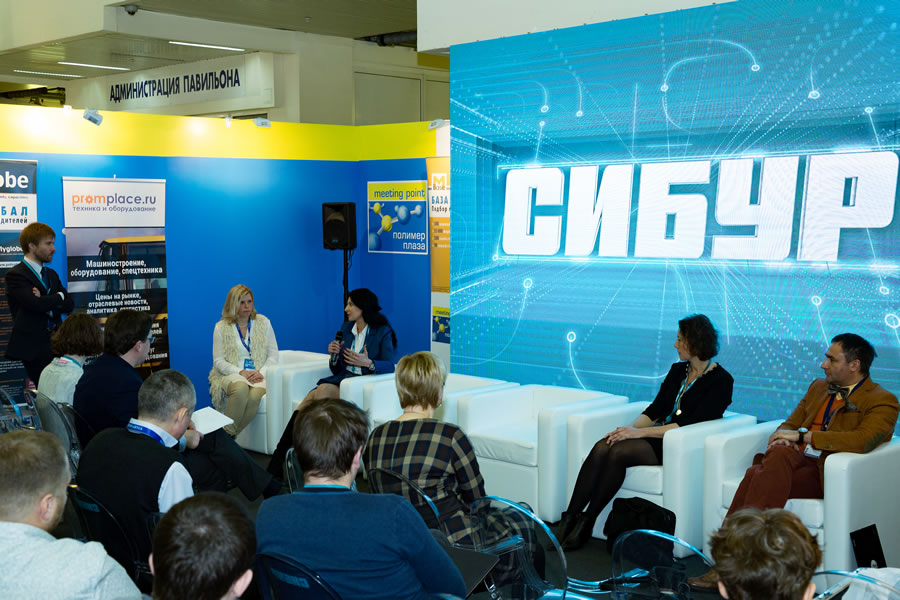
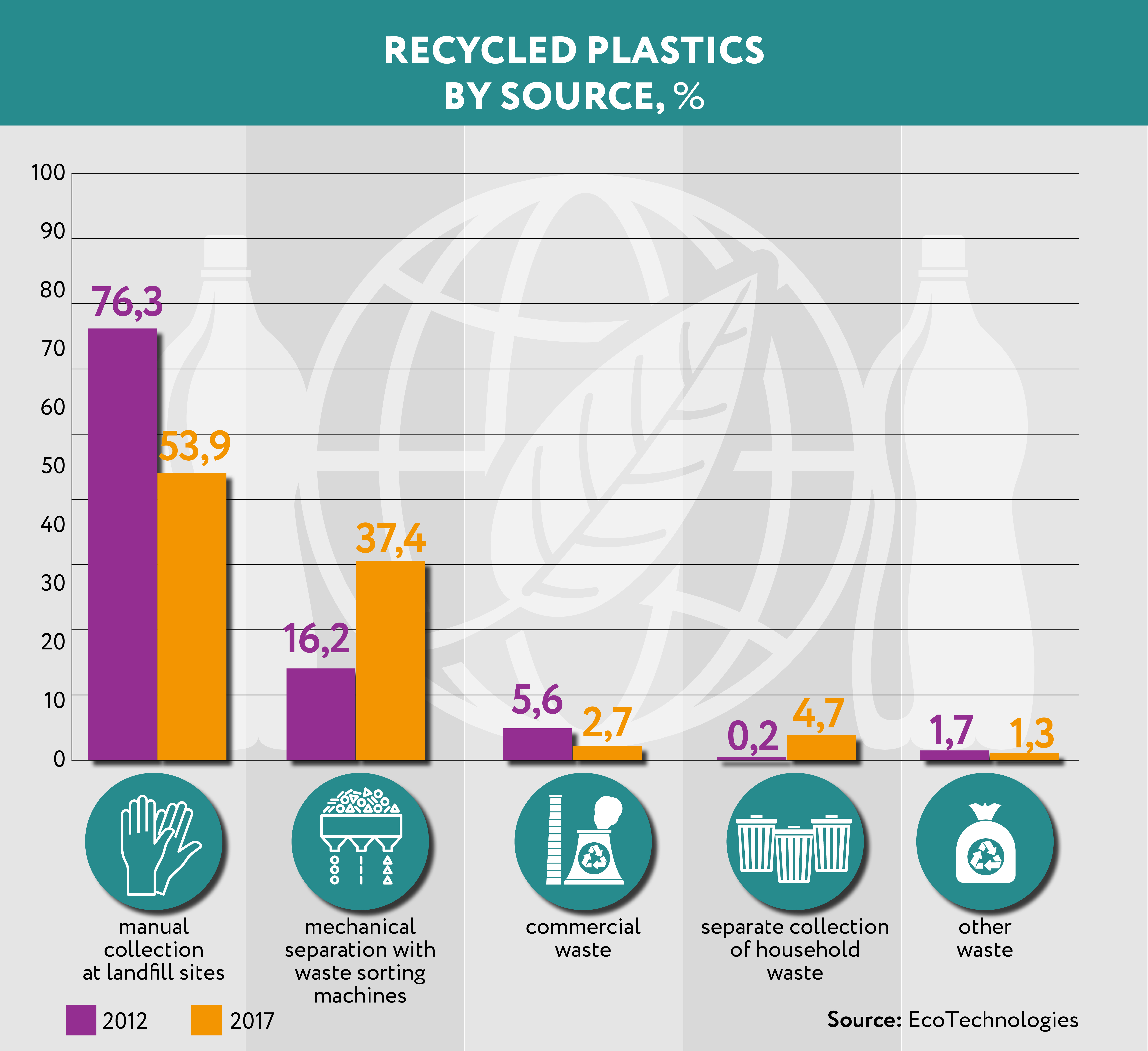
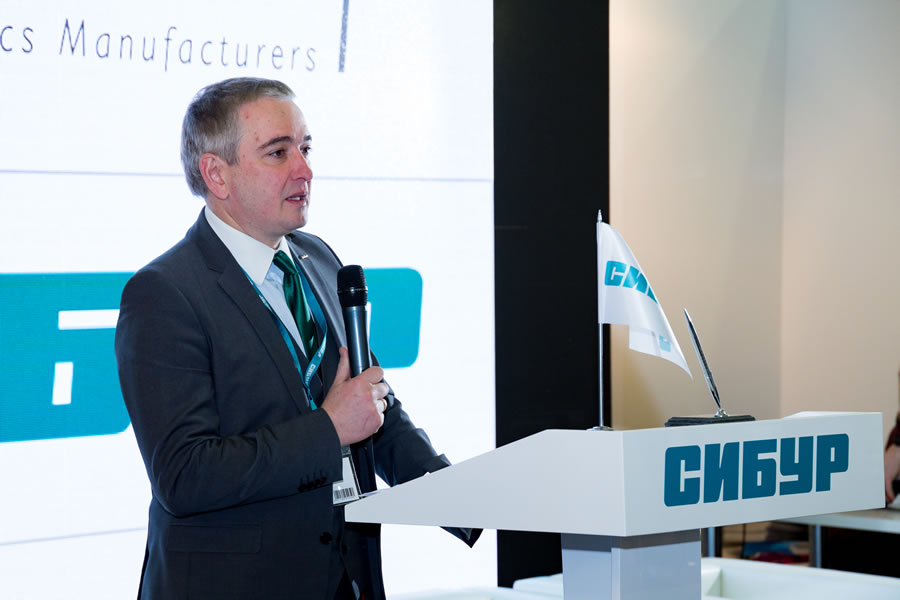
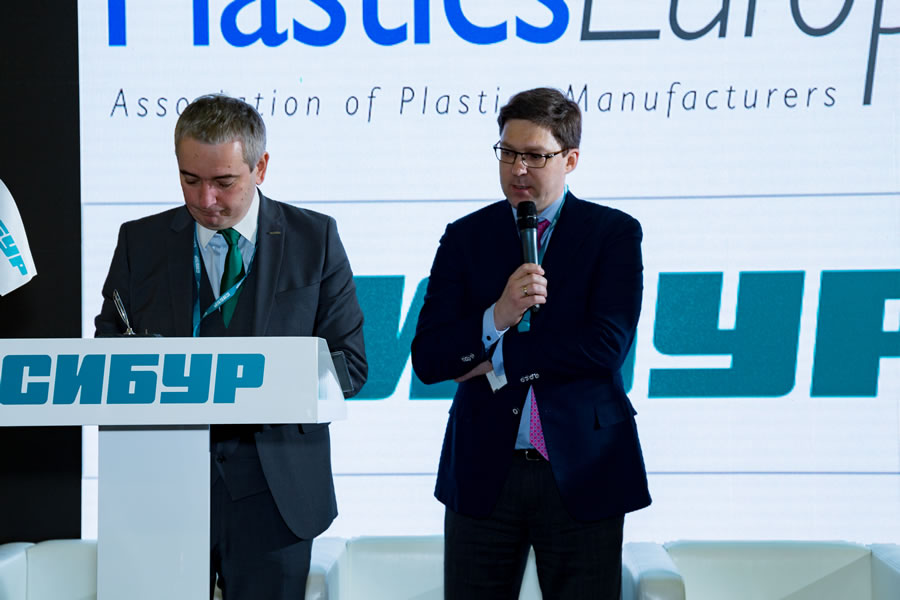
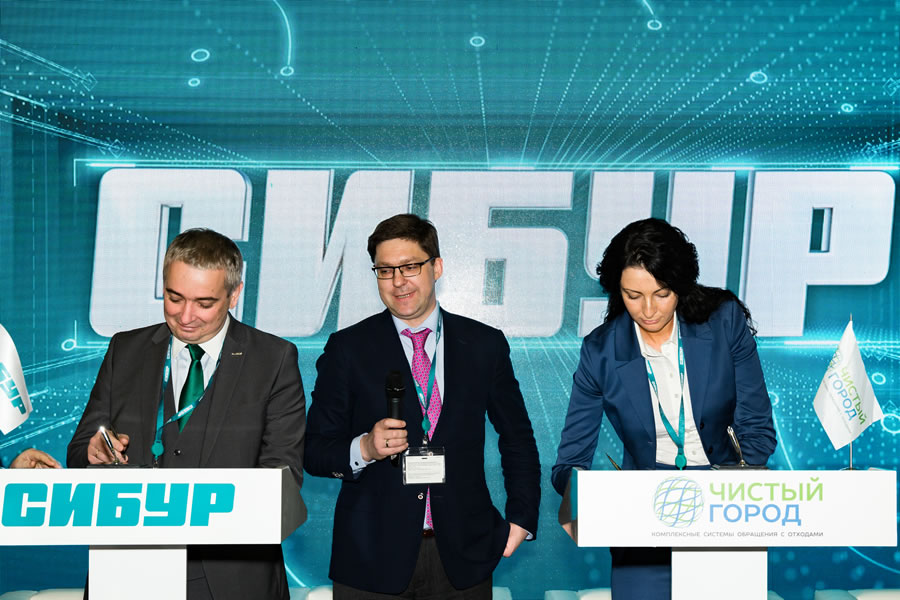
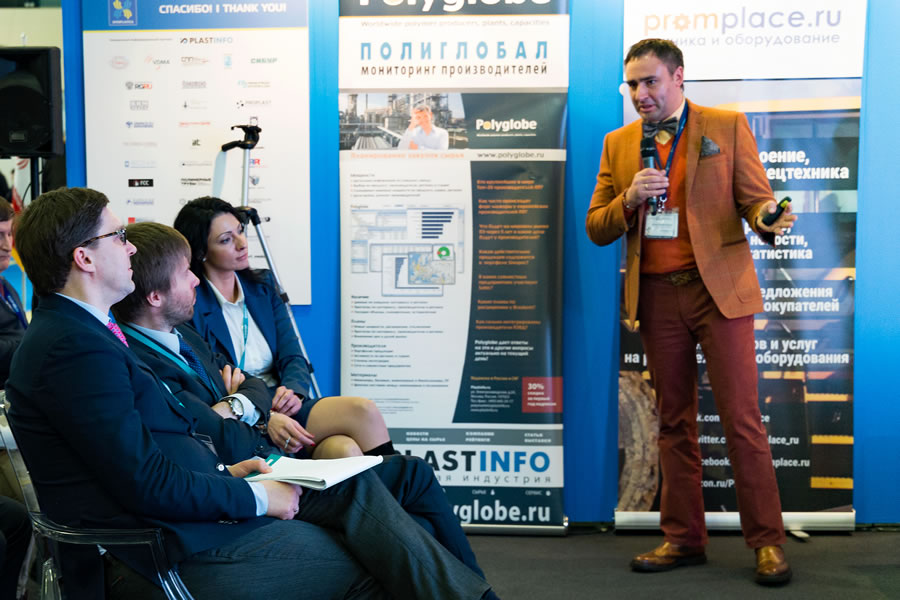
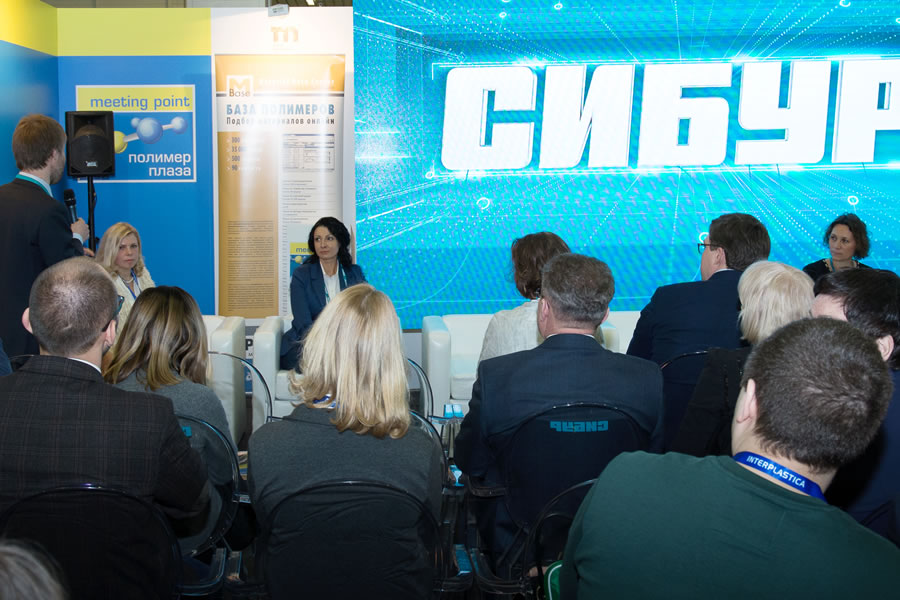
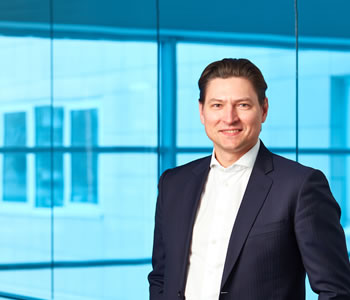

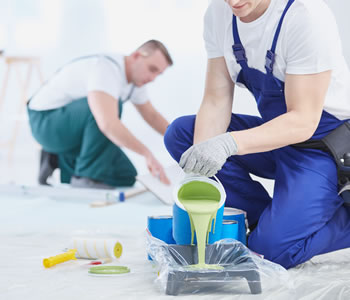

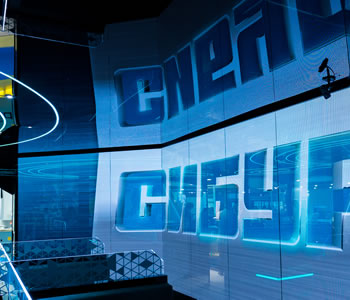
8x
The annual output of plastics has grown eightfold over the past 40 years